We're always excited to hear about the projects students are using SparkFun parts for, especially when they involve launching stuff into semi-space. Recently we spoke with a group from the Community College of Denver who, through the NASA-sponsored Colorado Space Grant Consortium and with a slew of SparkFun components, launched a payload of sensors to 100,000 feet AND competed in an autonomous robotics competition that simulates conditions on Mars. They sent along some photos and a description of their projects; check them out!
[The] Demo-Sat is every semester and consists of creating a payload less then 1,300 grams. In the payload, the team places sensors and experiments. This past semester, we created an environmental computer with air sample collection for a altitude of 100,000 feet. The computer was based on the Arduino platform with several sensors: temperature, humidity, CO, CO2, methane, and a 3-axis accelerometer. All the data was recorded on a SD card shield. We did our launch at Eaton, CO, and the flight took around an hour. The "chase" to retrieve the payload took around two hours - the landing side was close to the Kansas border. It the most fun thing I have ever done!
The robotics challenge takes place once a year. The goal is to build a completely autonomous robot that can make decisions for itself as well as evade obstacles. The challenge takes place at the sand dunes at Alamosa, to recreate the conditions that a real rover would find at Mars. This was the first year that we done it. We encountered a lot of problems and did a lot of learning. We did not do as well as other teams. However, it was a great experience, we learned a lot about what it takes for a team to be successful.
Nice work Addiel and team!
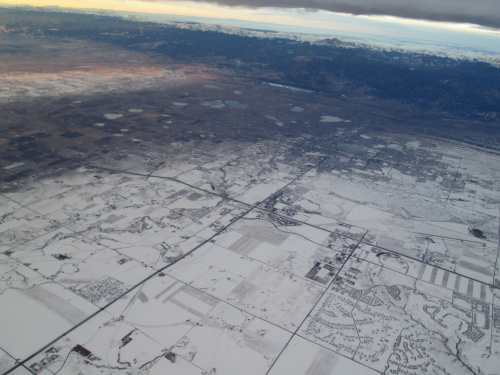
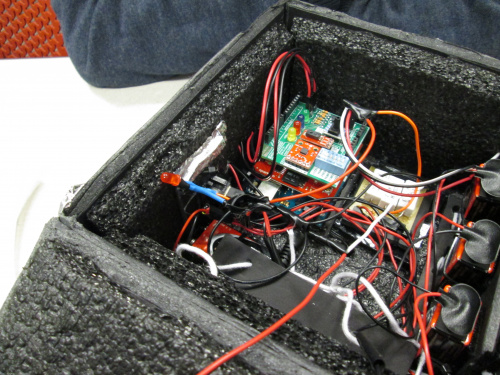
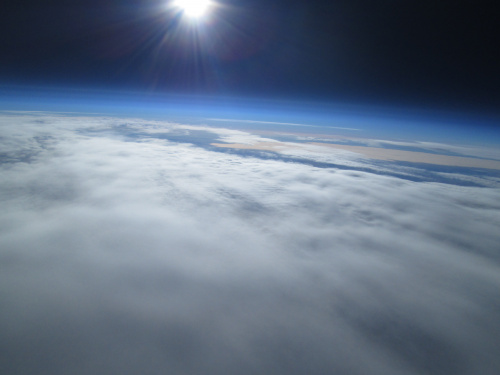
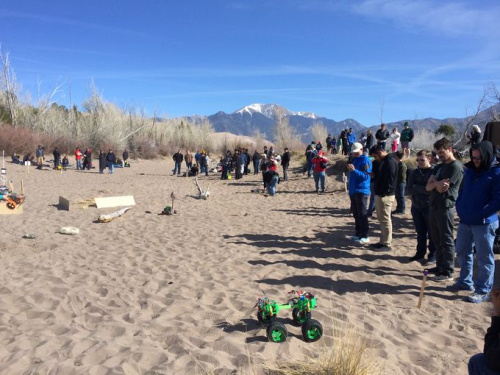
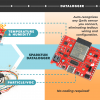
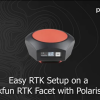
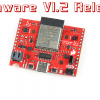
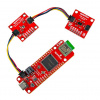
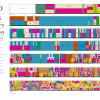
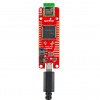
This is clearly a great program, and I don't want to throw stones, but a learning opportunity is apparently being missed. Part of being a good engineer or scientist is communicating about your work clearly and effectively. It would be great if they could include a technical writing component so that the kids could overcome the tendency to use statements like, "This was the first year that we done[sic] it."
I spent several demanding but delightful (volunteer) years running a technology exploration program at an experiential K through 12 school, and we found that this sort of multi-discipline approach was very effective. Technology is fun for both the teacher and the student. In the midst of that fun you can slip in a fair bit of "boring" subjects like history, math, and grammar without the kids even realizing that they are also enjoying stuff they normally complain about taking. Technology is great, and I have spent a lifetime involved with tech and science, but we owe it to young people to help them become well rounded and fully functional people who can achieve their full potential. Properly applied, technology can be a great means to that end.
Kudos to Sparkfun and all the others who make technology accessible to those who haven't got the resources to "roll their own". You do a lot to make these sorts of activities possible.
The reports from most of the launches are available at the Project Website. There are some pretty interesting projects from recent launches! Many other SparkFun products have launched in this interesting program!